Around 13 percent of Australians were diagnosed with an anxiety-related condition between 2017 to 2018, according to the Australian Bureau of Statistics. That’s approximately 3.2 million people – some of whom have looked into medical marijuana for potential relief.
Here’s what every Australian needs to know about anxiety and how the condition can be treated.
What is Anxiety?
Anxiety is defined as your natural reaction to difficult or tense situations. However, if you find yourself experiencing feelings of terror when there are no stressors or that this fear is taking over your mental health, you may have an anxiety disorder.
When you experience anxiety, it’s a feeling beyond what could be characterised as a normal response. You may find that your negative feelings stick around for six months or longer, or that you are constantly in a state of worry and dread.
The fear and terror that characterise anxiety can prevent you from going about your daily activities, as well as make you avoid situations that may trigger the symptoms of anxiety.
Different Types of Anxiety
Anxiety can take many different forms, and each type has its own set of symptoms and triggers. Generalised anxiety disorder (GAD) is the most common form of anxiety disorder and is characterised by persistent and excessive worry about everyday events and activities. Other types of anxiety disorders include panic disorder, social anxiety disorder and specific phobias. Each has its own specific symptoms and triggers and requires a different treatment approach.
Note that stress is not considered to be a form of anxiety. While stress can cause similar symptoms to anxiety, stress is a short-term physiological response rather than an enduring and recurrent mental affliction. If the lifestyle factors causing stress are removed, the symptoms should subside.
Symptoms of Anxiety
Depending on your diagnosis and your own unique physiology, the symptoms of anxiety can vary. If you're suffering from anxiety, you may find that your heart rate has increased, your mind is racing, you’re sweating and you’re having trouble concentrating.
You may breathe faster than you normally do (what's known as hyperventilation), as well as experience shaking or trembling. That can be accompanied by a feeling of impending doom or dread, and the sense that you’re losing control of your mind or body.
Additional symptoms of anxiety include difficulty breathing, gastrointestinal (GI) issues, difficulty sleeping and nightmares. It’s also possible that you try to avoid certain activities or places that cause you to feel worried or stressed, like driving or high places.
Causes of Anxiety
While anxiety is a very real condition with very real symptoms, the precise cause of anxiety isn’t something that science fully understands. It’s likely a combination of a person’s brain chemistry, their genetic makeup and their environment.
There are also events and factors that are decisively known to cause the onset of anxiety in people who are medically susceptible to it. These include neglect or abuse as a child, traumatic events, certain medical conditions and substance abuse.
You’re also more likely to develop an anxiety disorder if you have poor self-esteem or were shy and alone as a young person. If you've had to be the caretaker of someone you care about for a long period of time, that can trigger anxiety too.
As more research is done on the cause of anxiety, the specific mechanisms in the brain that it affects may be better understood.
Treatments for Anxiety
While anxiety is a lot to deal with as those who have it know all too well, the good news is that there are many treatments for the condition. These include medication, psychological counselling, lifestyle habits and changes, and alternative therapies like CBD and medical marijuana.
When it comes to pharmaceutical anxiety medication, there are several options ranging from benzodiazepines to antidepressants, beta-blockers and antipsychotics.
There are also non-pharmaceutical options, as many people prefer to avoid the challenging side effects of these medications. People living with anxiety can often benefit from individual talk therapy, cognitive behavioural therapy and other counselling-type sessions. These are designed to help you manage and understand your anxiety.
Lifestyle habits like journaling, avoiding caffeine and meditation can also help you manage or decrease your anxiety levels. So can sleeping well, eating a healthy diet and spending quality time with loved ones. Finally, self-help groups can help you develop a positive outlook.
Clinical Research on Medical Cannabis and Anxiety
Clinical research has shown promising results for the use of medical cannabis in the treatment of anxiety. The therapeutic properties of cannabis are due to its interaction with the endocannabinoid system in the body, which plays a crucial role in regulating mood and anxiety levels.
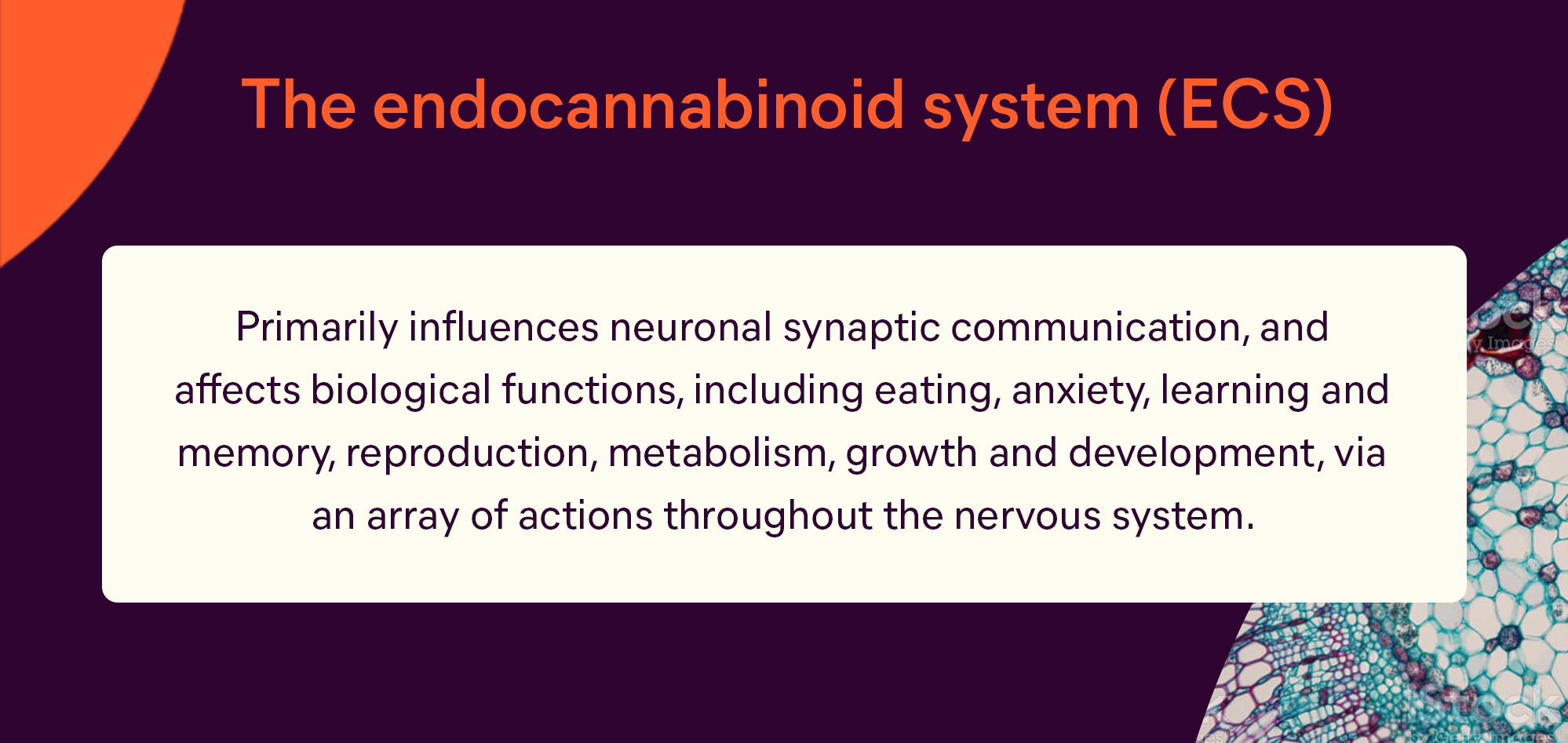
A review of major studies found that medical cannabis can be helpful in alleviating anxiety, although only when using cannabis strains with low quantities of THC.
Much of the cannabis for anxiety research focuses on cannabidiol (CBD), the major non-psychotropic component of the cannabis plant. In one preliminary study, CBD helped reduce social anxiety triggered by public speaking. Another randomised, controlled trial from 2019 found that a single dose of CBD reduced anxiety levels in patients with social anxiety disorder. Another study found that CBD had anxiolytic effects in patients with GAD, as well as a positive impact on sleep quality.
While more research is needed to fully understand the effects of medical cannabis on anxiety, the evidence suggests that cannabis – and particularly using CBD cannabis oil for anxiety – may be a valuable tool for managing this common mental health condition.
Potential Side Effects of Medical Cannabis for Anxiety
While cannabis is generally considered safe, it can cause side effects such as drowsiness, dizziness and impaired coordination. These will generally be less severe with CBD-dominant products.
If you're taking medical cannabis for anxiety, it's also important to ensure you're not exacerbating your own symptoms. High THC content cannabis strains can make your anxiety worse, and in extreme cases lead to paranoia and psychosis.
However, it's worth noting that traditional anxiety medications, such as benzodiazepines, can also cause significant side effects, such as weight gain and sexual dysfunction, as well as painful withdrawal symptoms. In some cases, medical cannabis may be a preferred alternative.
As always, it's important to approach the use of medical cannabis for anxiety with caution and under the guidance of a doctor who understands cannabis care.
Can You Get Medical Cannabis for Anxiety in Australia?
Yes, medical cannabis is available for the treatment of anxiety in Australia. However, access to medical cannabis is strictly regulated and requires approval from a medical practitioner. Patients must have a chronic medical condition, such as anxiety, and have tried other treatment options before being considered.
Why Does CBD Reduce Anxiety In Some Patients?
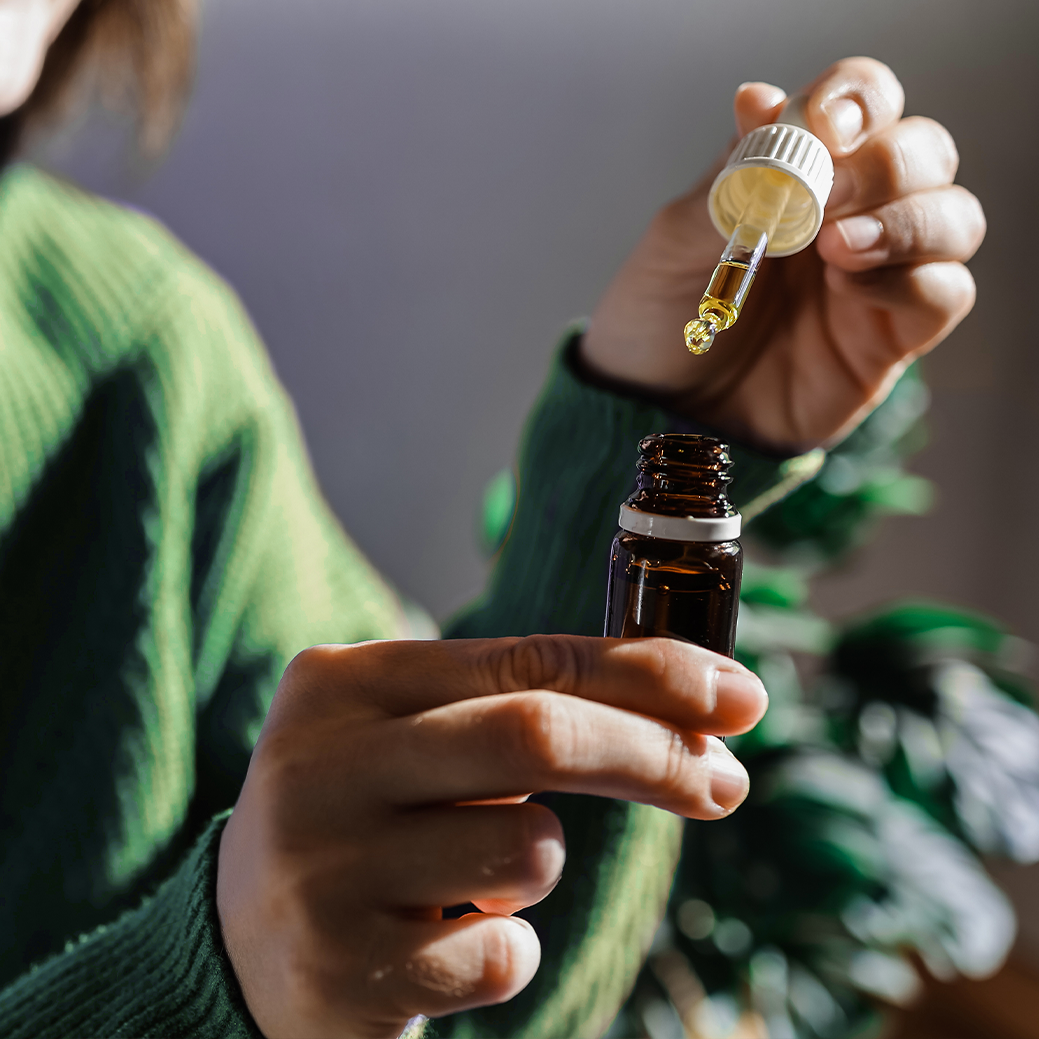
CBD interacts with the body's endocannabinoid system to produce a variety of therapeutic effects, including reducing anxiety. CBD works by binding to certain receptors in the brain, specifically the serotonin and GABA receptors, which are involved in regulating mood and anxiety levels. By binding to these receptors, CBD can help to reduce feelings of anxiety and promote a sense of calm.
Can Anxiety Be Treated Permanently?
While there is no cure for anxiety, it can be effectively managed and treated with the right approach. Treatment options may include therapy, medication, lifestyle changes, self-care practices and, in some cases, medical cannabis.
The goal of treatment is to reduce the severity and frequency of anxiety symptoms and improve overall quality of life. With ongoing treatment and support, many individuals with anxiety are able to lead fulfilling and productive lives.
.jpg)
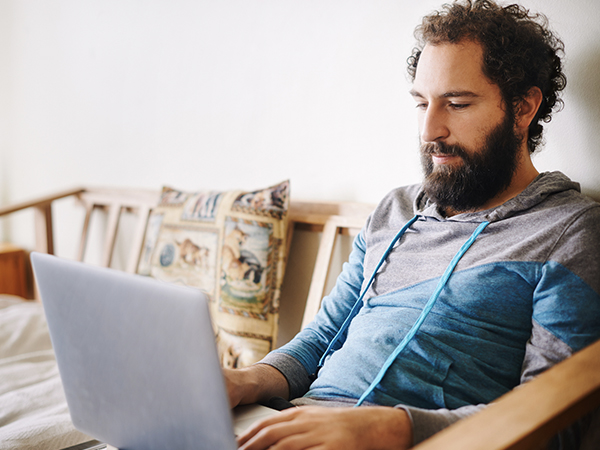
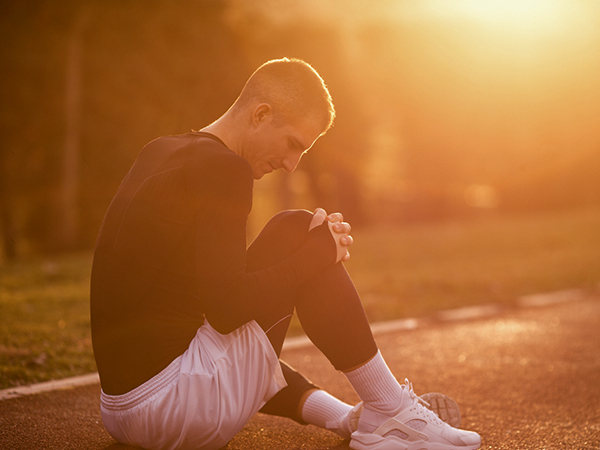
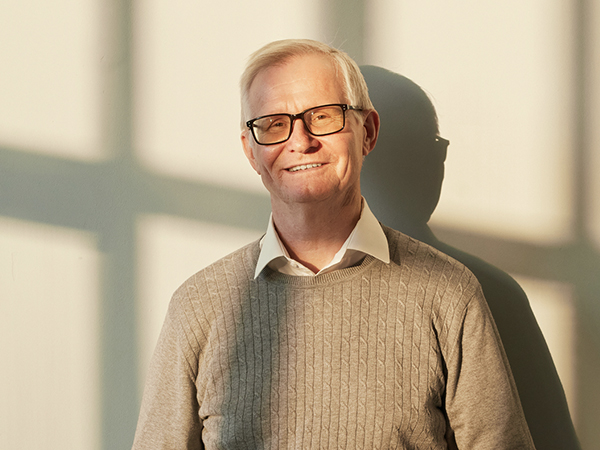


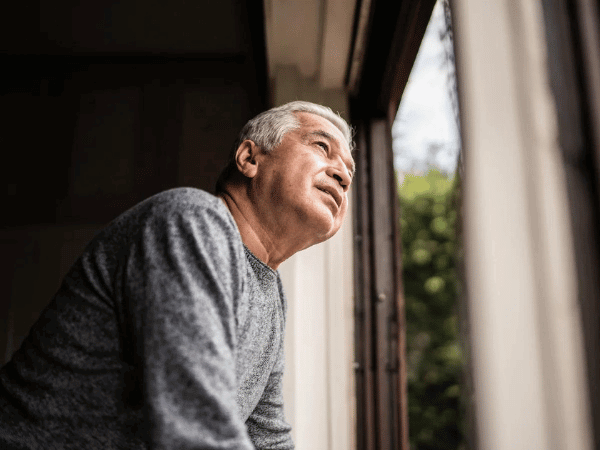
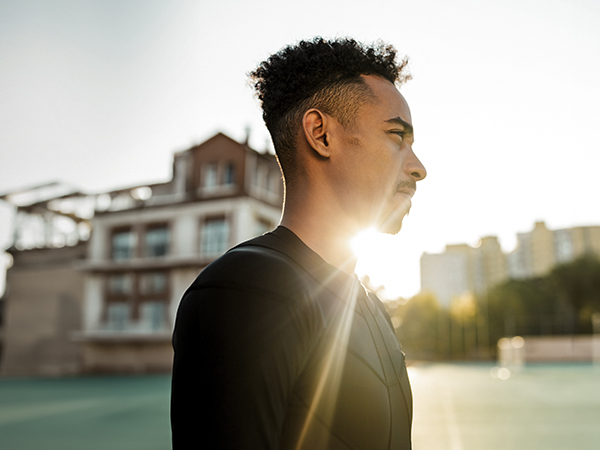
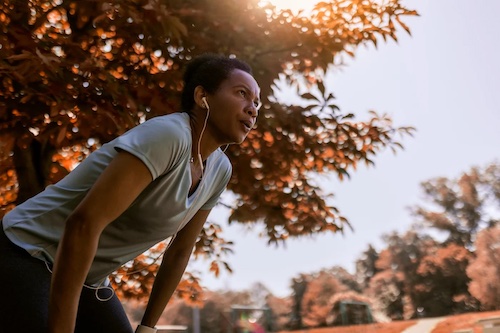

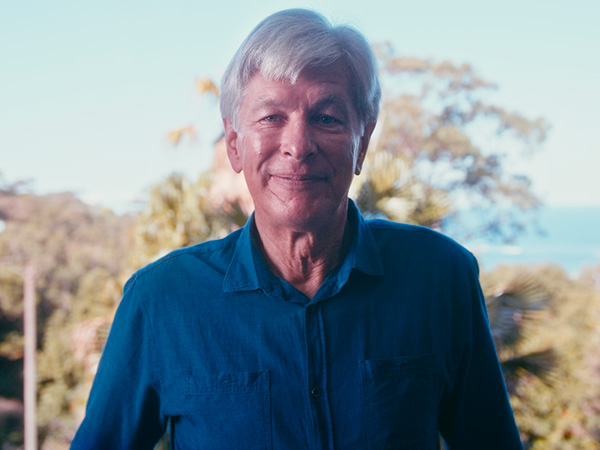
.jpg)
